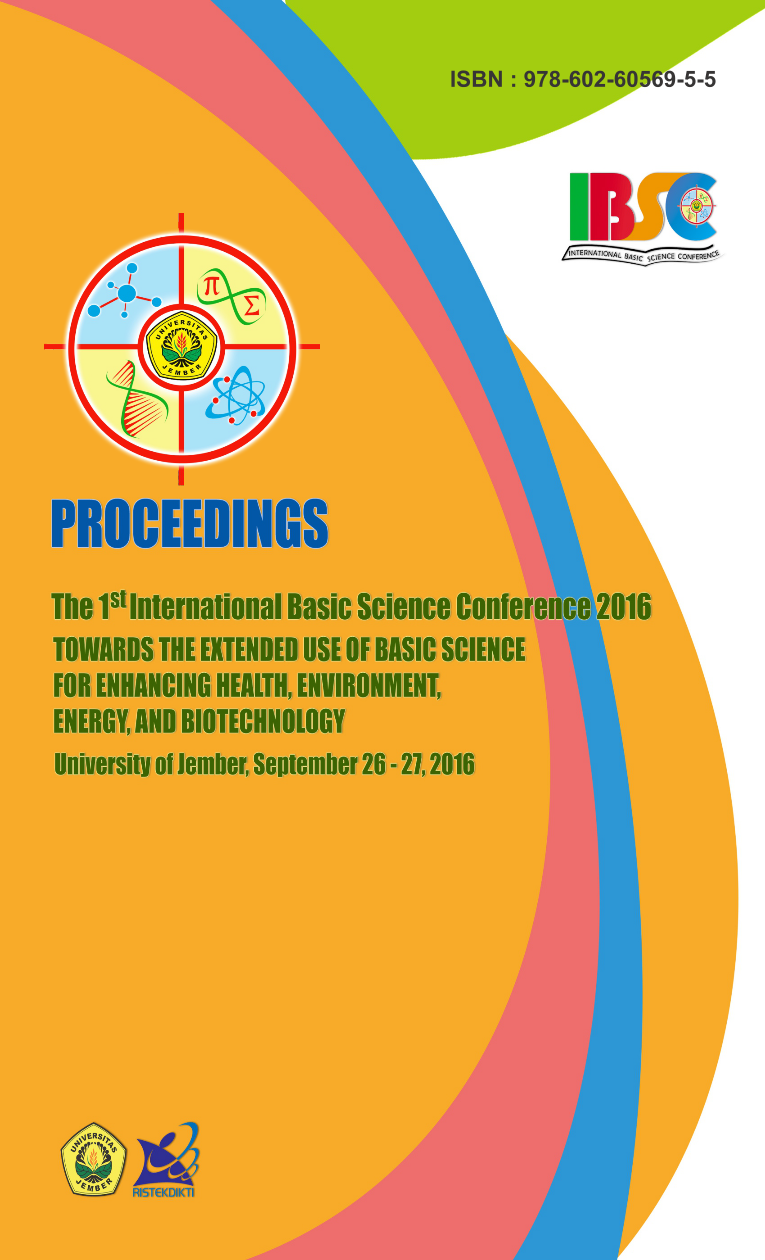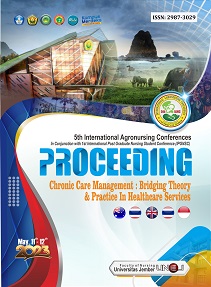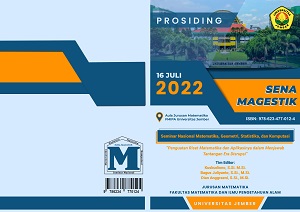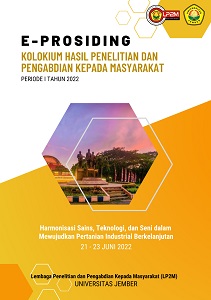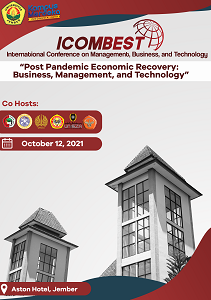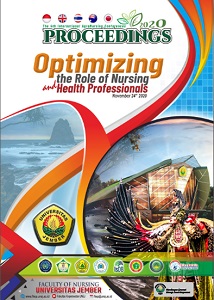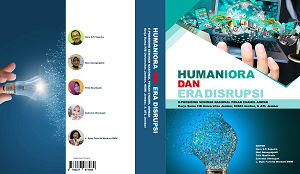COLLAGEN FROM SEA CUCUMBER (STICHOPUS VARIEGATUS) AS AN ALTERNATIVE SOURCE OF HALAL COLLAGEN
Abstract
Collagen is a kind of proteins which becomes the main component of teeth, muscles, flesh, bone, and skin layer. It is generally used in various fields such as food, cosmetics, pharmaceutical and medical. Collagen which was commercialized in the market is derived from skin and bones of land-based mammalian such as calf, pig, and sheep. While it was being reported that there were many diseases spread by land-based mammalian in the last few years such as mad cow disease and avian flu. Besides that, pigs is forbidden to be consumed by moslem since Islam teaches them to consume halal food. Marine organism has a potential to be used as an alternative source of halal collagen. One of them is sea cucumber. Sea cucumbers, especially Stichopus sp, has a potential to be used as an alternative source of halal collagen instead of mammals. Nevertheless, the extraction of sea cucumber collagen still relies on pepsin enzyme from pig derivatives. The exploration of source and extraction process is urgently needed to gain halal collagen. Therefore, the aim of this study was to explore sea cucumber Stichopus variegatus as a source of halal collagen with acid extraction method. Research and Development Center for Marine and Fisheries Product Processing and Biotechnology, Ministry of Marine Affairs and Fisheries Jakarta (sponsors). This study was divided into two steps: extraction and characterization of collagen. Extraction of collagen produced yield of 16.40%. Characterization of collagen showed that the major components of amino acid were glycine (169 residues/1000residues), glutamic acid (111residues/1000 residues), proline (67 residues/1000 residues), alanine (64 residues/1000 residues) and molecular weight of collagen was 130.33 kDa. Collagen from sea cucumber Stichopus variegatus had similar characteristics to commercial collagen even though the yield of extraction was lower. This kind of collagen can be used as an alternative source of halal collagen either based on the source or the extraction process.
Published
2017-08-08
How to Cite
KHIRZIN, M. H. et al.
COLLAGEN FROM SEA CUCUMBER (STICHOPUS VARIEGATUS) AS AN ALTERNATIVE SOURCE OF HALAL COLLAGEN.
UNEJ e-Proceeding, [S.l.], p. 111-113, aug. 2017.
Available at: <https://jurnal.unej.ac.id/index.php/prosiding/article/view/4153>. Date accessed: 05 feb. 2025.
Section
General

